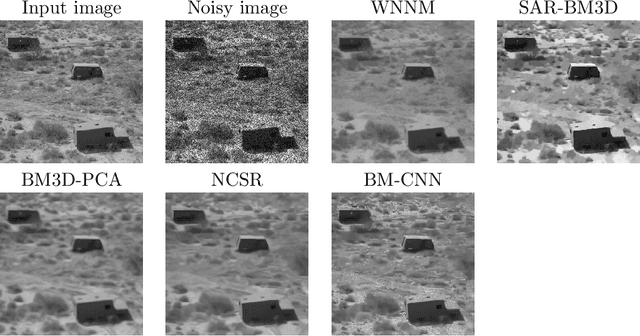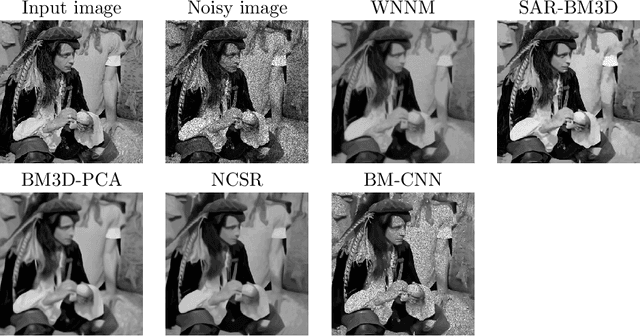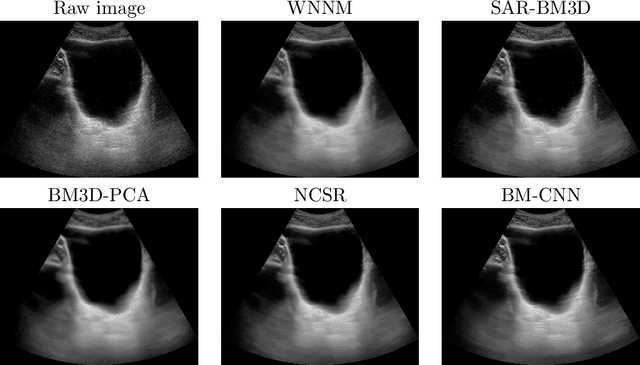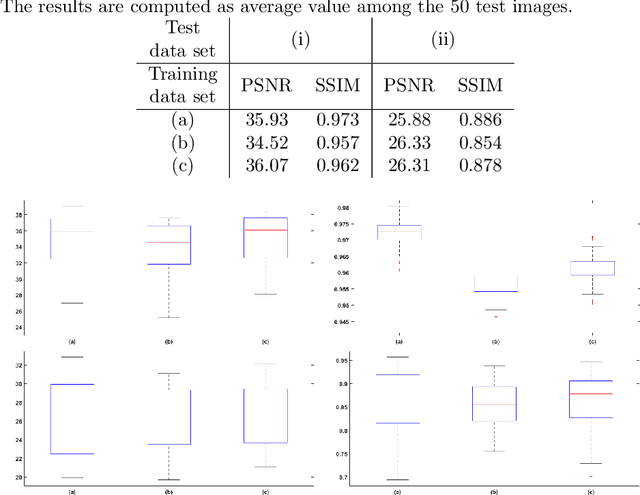A Universal Deep Learning Framework for Real-Time Denoising of Ultrasound Images
Paper and Code
Jan 22, 2021



Ultrasound images are widespread in medical diagnosis for muscle-skeletal, cardiac, and obstetrical diseases, due to the efficiency and non-invasiveness of the acquisition methodology. However, ultrasound acquisition introduces a speckle noise in the signal, that corrupts the resulting image and affects further processing operations, and the visual analysis that medical experts conduct to estimate patient diseases. Our main goal is to define a universal deep learning framework for real-time denoising of ultrasound images. We analyse and compare state-of-the-art methods for the smoothing of ultrasound images (e.g., spectral, low-rank, and deep learning denoising algorithms), in order to select the best one in terms of accuracy, preservation of anatomical features, and computational cost. Then, we propose a tuned version of the selected state-of-the-art denoising methods (e.g., WNNM), to improve the quality of the denoised images, and extend its applicability to ultrasound images. To handle large data sets of ultrasound images with respect to applications and industrial requirements, we introduce a denoising framework that exploits deep learning and HPC tools, and allows us to replicate the results of state-of-the-art denoising methods in a real-time execution.
 Add to Chrome
Add to Chrome Add to Firefox
Add to Firefox Add to Edge
Add to Edge